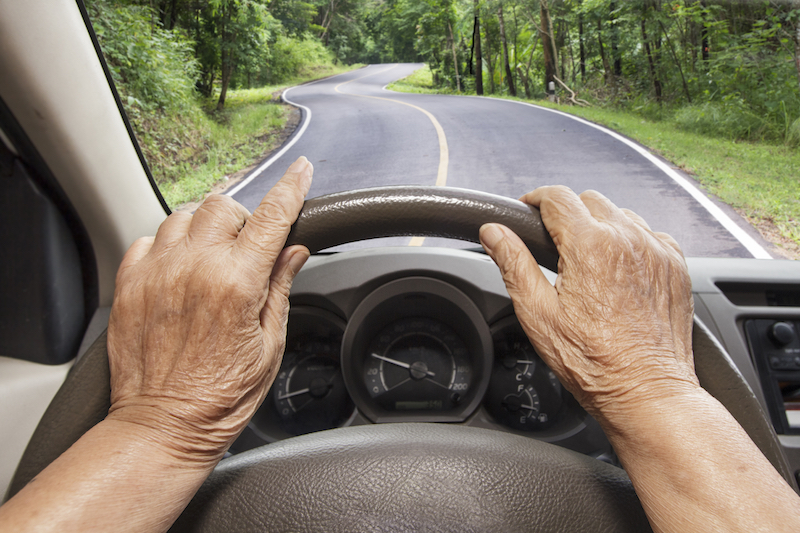
Do you have a loved one who has been diagnosed with Alzheimer’s disease? Alzheimer’s is the most common form of dementia. The symptoms of Alzheimer’s generally relate to memory decline and other problems within the intellectual functioning spectrum. Day to day activities are affected by the progression of the invasive disease. To keep Alzheimer’s sufferers and those around them safe it may be necessary to limit or even restrict seemingly normal activities. One daily activity that can be severely affected by those with Alzheimer’s is driving. When is the right time to broach the subject of driving to your loved one?
Recognizing the Signs
Accidental deaths from vehicle collisions are commonplace across America. When normal driving conditions that already present numerous dangers to those on the road is coupled with a driver who is caught in the grips of Alzheimer’s, the possibility for incurring or inflicting accidental injury increases exponentially. Do you know if your friend or family member is in the advanced or early stages of Alzheimer’s? That information can play a pivotal role in increasing or reducing the potential for unintentional hazardous driving. Below are some questions experts and other caring individuals can ask themselves while observing someone with Alzheimer’s:
1. Does the person struggle to locate places that are usually familiar to them?
2. Are they making atypical bad judgement decisions while driving during road congestion?
3. Is hitting curbs commonplace to them?
4. Do they frequently fail to adhere or even notice traffic signs?
5. When they are supposed to brake do they accidentally hit the gas pedal and vice versa?
6. Is the end destination they are intending to drive to lost to them while they are driving?
7. How is there speed and lane control? Are they given to driving too slow or too fast? Does the speed vary? Is it erratic?
If you have said yes to any of these questions it may be time to consider a more proactive and specialized approach to your loved one’s needs.
Call in Reinforcements
It’s a sensitive and difficult time for Alzheimer’s sufferers and their loved ones. The intrusive and life-altering effects of Alzheimer’s can be very hard to accept. The decline in independence and personal responsibility that is often synonymous with an Alzheimer’s diagnosis shouldn’t mean a sudden and abrupt change in lifestyle. A smooth transition is important for all persons concerned. In the early and advanced stages of Alzheimer’s changes have to be made to improve the health and welfare of those affected. You and your loved one (s) are not alone.
If your loved one is struggling to maintain safe driving, there are options! Life doesn’t have to come to a screeching halt because of Alzheimer’s. IADLs or Instrumental Activities of Daily Living is a customer-need based service that Salus Homecare in Los Angeles provides to bring assurance and aid to those who need it most. Giving a helping hand in areas of transport, in household duties such as cooking, in paying client household bills and even in ensuring the right dosage of medication is taken at the proper time is all a part of the one-on-one quality care Salus supplies to their clients. Professional caregivers trusted to provide short or long term services are able to serve in numerous ways to let the ones you care about continue living in comfort.
Keep your peace of mind and ensure the safety and peace of mind of those you love who might be suffering. Let Salus Homecare bring the priceless commodity of comfort to those you hold dear today.
There is no ads to display, Please add some

